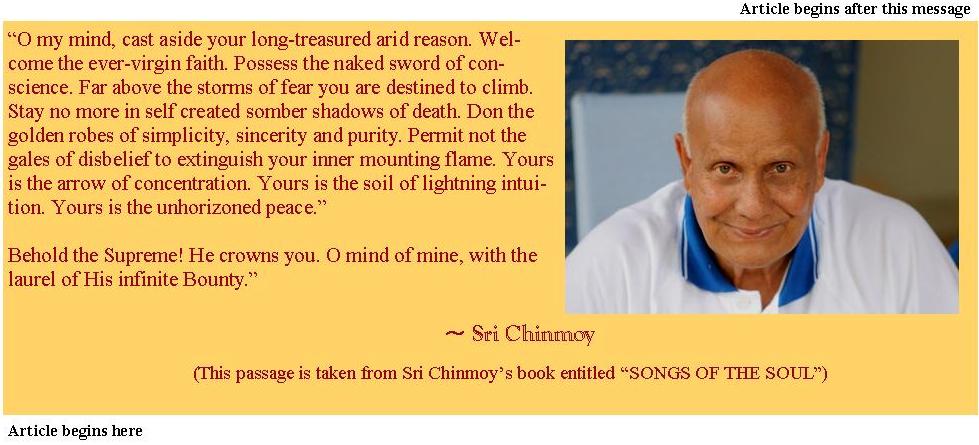
When the Civil War broke out in the April of 1861, Walt Whitman was staying in New York and Brooklyn, writing some extended newspaper pieces about the history of Brooklyn for the Brooklyn Daily Standard. He began visiting wounded soldiers, who were moved to New York hospitals. Later he went to Washington, D.C., where he spent countless long nights in the poorly ventilated wards nursing thousands of injured soldiers, both Union and Confederate, in the makeshift hospitals.
Based on his experience of a real battle that Walt Whitman wrote his powerful Civil War poems. Following is one of those Civil war poems that he wrote when he was at one of the army camps.
By The Bivouac’s Fitful Flame
By the bivouac’s fitful flame,
A Procession winding around me, solemn and sweet and
slow – but first I note,
The tents of the sleeping army, the fields’ and woods’ dim outline,
The darkness lit by spots of kindled fire, the silence,
Like a phantom far or near an occasional figure moving,
The shrubs and trees, (as I lift my eyes they seem to be
stealthily watching me,)
While wind in procession thoughts, O tender and wondrous
thoughts,
Of life and death, of home and the past and loved, and of
those that are far away;
A solemn and slow procession there as I sit on the ground,
By the bivouac’s fitful flame.
In this poem the poet describes how one night when sitting in front of an army camp fire his mind calms down and becomes introspective. His thinking is slow, deliberate and reflective. He describes his thoughts as “A Procession winding around me”. During these quite moments Whiteman reflects on life and death, of home and loved ones. He found this experience “solemn and sweet”. It was the surroundings, the poet found himself in, that invoked this sublime experience.
Whitman also wants the reader to participate in this meditative experience he was having. So he deliberately gives details of the scene around him in the following lines:
“The tents of the sleeping army, the fields’ and woods’ dim outline,
The darkness lit by spots of kindled fire, the silence,
Like a phantom far or near an occasional figure moving,
The shrubs and trees, (as I lift my eyes they seem to be
stealthily watching me,)”
On reading the above lines and visualizing the scene ones’ own thinking slows down and one does get a certain measure of the experience the poet is having just like when a teacher of meditation leads you into a quiet, sublime meditation.
In an age where the media through its trends almost prevents one from thinking as individuals, it is these poems that help us to step out of this mass culture and, quoting Edward Hirsch, “put us in touch with ourselves”. Indeed, in this poem of Walt Whitman there is luminosity in his thinking and inspiration in his writing.


Comments are closed.